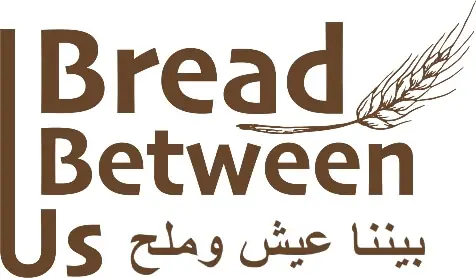Muhalla is an ancient and traditional sweet bread, typically enjoyed during the winter months across the Middle East and North Africa. This bread, celebrated for its creamy, rich texture and slightly sweet flavour, is also considered nutritious and healthy, crafted from basic ingredients like whole wheat flour its base, combined with ghee or butter, dates, and a blend of aromatic spices.
History of the City’s Bread and its Cultural significance
Muhalla, meaning “the sweetened,” originated in Buraydah during the Islamic Golden Age as the city’s signature hospitality offering along ancient caravan routes. This elaborate date confection, prepared by skilled women artisans, became renowned throughout the Arabian Peninsula as a symbol of Najdi culture and the highest form of Arabian hospitality.
The saying ”Whoever offers Muhalla, offers their heart” reflects its profound cultural significance in weddings, celebrations, and social gatherings. Today, Muhalla remains protected as Saudi Intangible Cultural Heritage, continuing to bridge tradition with contemporary identity as the sweetened soul of Buraydah.
Immerse Yourself in the History and Traditions of Saudi Bread on the Heri-Telling Platform
Click “Find Out More” on preview tabs to immerse yourself in the fascinating stories, traditions, and flavors of the unique breads from Buraydah. You will be redirect on the Creative Knowledge Platform, the project’s heri-telling platform, where farmers, millers, and bakers share their heritage and passion through captivating images, videos, and stories.
People

Products

Places

